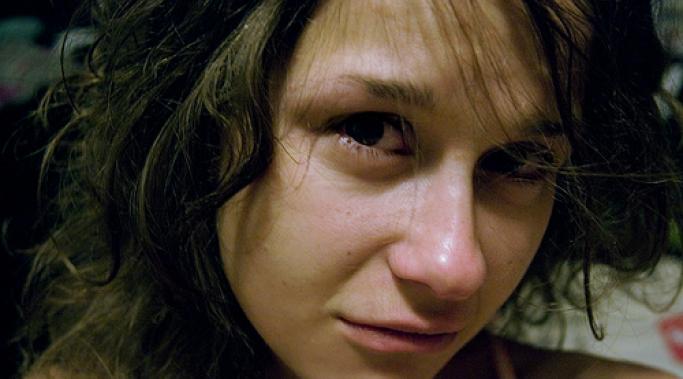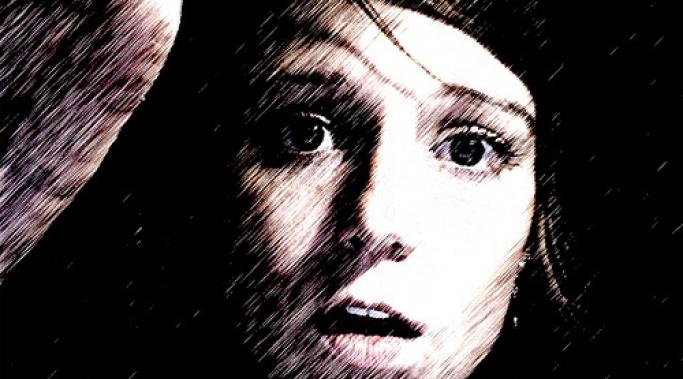There's a disturbing trend in some Dissociative Identity Disorder support communities that has always turned me off. I call it the My Trauma Is Worse Than Your Trauma game. What starts as fellowship and camaraderie periodically deteriorates into an ugly rivalry among survivors of abuse. It's a competition that feeds off of and perpetuates the minimizing effects of child abuse.
Living with DID
If you've ever seen a television crime show featuring a suspect with Dissociative Identity Disorder, you've seen a theatrical depiction of identity alteration, the fifth of the five main dissociative symptoms. A bewildered man suspected of murder is brought in for questioning. Eventually his manner, style of speech, and affect change dramatically and he says something like, "Sam didn't kill her. I did. I'm Joe." That switch in personality states is identity alteration at it's most extreme.
I used to make lists of things I liked and didn't like. If I wanted to marry and have children, that went on the list. If I enjoyed musical theater, that too went on the list. Inevitably a day would come when I couldn't imagine wanting to marry or liking musicals. I was perplexed as to why they were on the list in the first place. So I'd start a new one. I was trying hard to figure out who I was. As soon as I had a decent handle on the nature of my identity, it would slip through my fingers once again. I kept these lists in an effort to pin down my sense of self in a concrete and lasting way. What I didn't know is that I have Dissociative Identity Disorder. Identity confusion is a normal, if monumentally frustrating, part of DID.
We've covered depersonalization and derealization, two of the five core dissociative symptoms. As someone with dissociative identity disorder, both of those forms of dissociation affect me regularly. But the remaining three impact my life most profoundly. Dissociative amnesia, as I'll explain, is a deeply frustrating and disruptive part of living with DID.
I remember a certain meeting with a girlfriend in a coffee shop. I arrived before her and sat working on a crossword puzzle while I waited. It wasn't long before she was standing next to me saying, "Hi!" I looked at her, and even though I knew my purpose in the coffee shop that day - to meet her - it took me a moment to understand who she was. It was a jarring moment in her Dissociative Identity Disorder education. "You didn't recognize me," she said. She was right. I didn't immediately recognize her, even though by then we'd spent hundreds of hours together. But it wasn't amnesia, the form of dissociation one might suspect, that prevented me from recognizing her. It was a different dissociative symptom: derealization.
What's it like to live with depersonalization in dissociative identity disorder ? Articulating the answer is challenging for me. Partly because I don't know what it's like to live without DID; partly because describing it requires a base-line level of awareness that dissociation by nature impedes. And partly because the question is so large, sort of like asking what it's like to be female. Breaking dissociation down into the five primary ways it manifests makes illuminating the experience of living with dissociative identity disorder easier. Depersonalization - the feeling that you're separate from your body - is the first.
Among those with Dissociative Identity Disorder, there's some debate about whether it should be called a disorder at all. Some even view DID as evidence of mental health. When you consider that its development is regarded as an example of adaptive functioning by many of both those who live with it and those who treat it, it's easy to understand why some might dispute the mental illness label. Mental illness by definition implies maladaptive functioning - it interferes with and disrupts daily living. But Dissociative Identity Disorder is often described as life-saving. Which is it?
Yesterday was a big day for me and my son. He started middle school. I received a painful reminder that I'd be a better mother if I didn't have Dissociative Identity Disorder and the unique memory problems that go with it.
The decision to disclose your dissociative identity disorder (DID) is a deeply personal one. Many, perhaps most, people with DID live in near silence about their disorder. They may tell only their family or no one at all. Some choose to share their dissociative identity disorder diagnosis not just with family but also friends. I belong to a smaller group of people who publicly say, "I have DID." What's comfortable for you may be unhealthy for someone else, and vice versa. With that in mind, what I offer you today isn't advice on whether or not to reveal your DID diagnosis, but a short list of DOs and DON'Ts - things to keep in mind when considering disclosure.
Living with Dissociative Identity Disorder is, among other things, lonely. I often feel like I'm watching my life as it's lived by braver or more competent others. A situation presents itself and, without conscious choice, the deck that is my system of alters begins to shuffle. Some force outside my control determines, almost instantaneously, the card best suited for the circumstances; and the card plays until the shuffling begins again. On one hand, this identity alteration is precisely what has allowed me to find employment, make friends, and parent a child. On the other, it's what separates me from the world and makes intimacy an illusion that only rarely becomes my reality.









